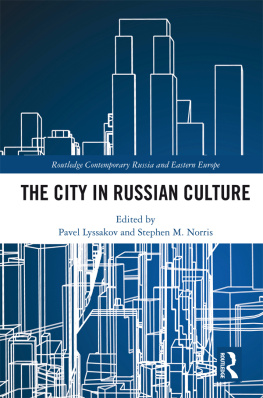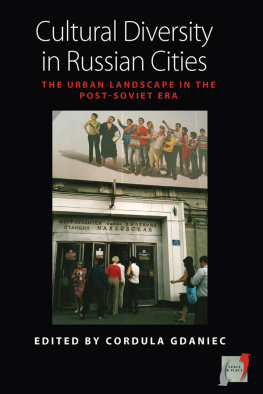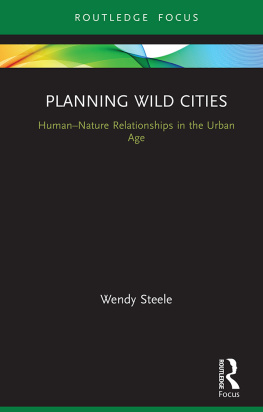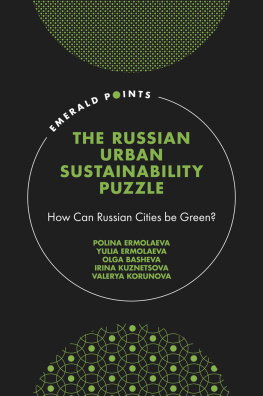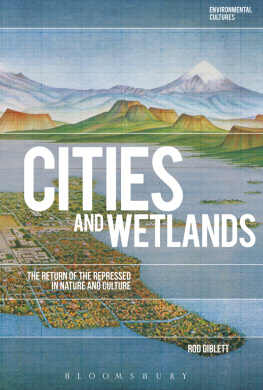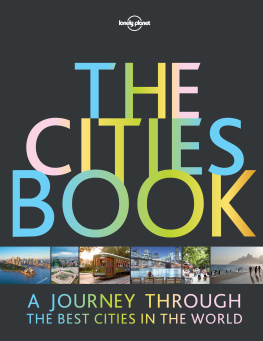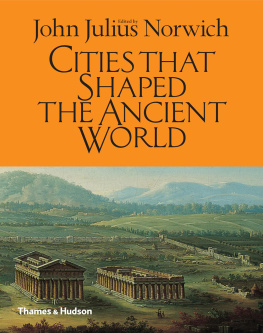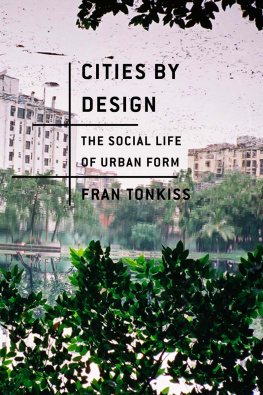The City in Russian Culture
Cities are constructed and organized by people, and in turn become an important factor in the organization of human life. They are sites of both social encounter and social division and provide for their inhabitants a sense of place. This book explores the nature of Russian cities, outlining the role played by various Russian cities over time. It focuses on a range of cities including provincial cities, considering both physical, iconic, created cities, and also cities as represented in films, fiction and other writing. Overall, the book provides a rich picture of the huge variety of Russian cities.
Pavel Lyssakov is an Assistant Professor (Senior Lecturer) in the Faculty of Liberal Arts and Sciences at St. Petersburg State University.
Stephen M. Norris is a Professor of History at Miami University, Oxford, Ohio.
Routledge Contemporary Russia and Eastern Europe
Cultural Forms of Protest in Russia
Edited by Birgit Beumers, Alexander Etkind, Olga Gurova, and Sanna Turoma
Women in Soviet Film
The thaw and post-thaw periods
Edited by Marina Rojavin and Tim Harte
Russia Art Resistance and the Conservative-Authoritarian Zeitgeist
Edited by Lena Jonson and Andrei Erofeev
Ruptures and Continuities in Soviet/Russian Cinema
Styles, characters and genres before and after the collapse of the USSR
Edited by Birgit Beumers and Eugnie Zvonkine
Russias Regional Identities
The power of the provinces
Edited by Edith W. Clowes, Gisela Erbslh and Ani Kokobobo
Understanding Energy Security in Central and Eastern Europe
Russia, transition and national interest
Edited by Wojciech Ostrowski and Eamonn Butler
Russias Far North
The contested energy frontier
Edited by Veli-Pekka Tynkkynen, Shinichiro Tabata, Daria Gritsenko and Masanori Goto
The City in Russian Culture
Edited by Pavel Lyssakov and Stephen M. Norris
Series url: www.routledge.com/Routledge-Contemporary-Russia-and-Eastern-Europe-Series/book-series/SE0766
The City in Russian Culture
Edited by Pavel Lyssakov and Stephen M. Norris

First published 2018
by Routledge
2 Park Square, Milton Park, Abingdon, Oxon OX14 4RN
and by Routledge
711 Third Avenue, New York, NY 10017
Routledge is an imprint of the Taylor & Francis Group, an informa business
2018 selection and editorial matter, Pavel Lyssakov and Stephen M. Norris; individual chapters, the contributors
The right of Pavel Lyssakov and Stephen M. Norris to be identified as the authors of the editorial material, and of the authors for their individual chapters, has been asserted in accordance with sections 77 and 78 of the Copyright, Designs and Patents Act 1988.
All rights reserved. No part of this book may be reprinted or reproduced or utilised in any form or by any electronic, mechanical, or other means, now known or hereafter invented, including photocopying and recording, or in any information storage or retrieval system, without permission in writing from the publishers.
Trademark notice: Product or corporate names may be trademarks or registered trademarks, and are used only for identification and explanation without intent to infringe.
British Library Cataloguing-in-Publication Data
A catalogue record for this book is available from the British Library
Library of Congress Cataloging-in-Publication Data
A catalog record has been requested for this book
ISBN: 978-1-138-31023-0 (hbk)
ISBN: 978-1-315-14365-1 (ebk)
Typeset in Times New Roman
by Apex CoVantage, LLC
Contents
PAVEL LYSSAKOV AND STEPHEN M. NORRIS
Part I
The constructed city
MARK A. SODERSTROM
ALISON K. SMITH
ILYA GERASIMOV
VICKY DAVIS
ALAN BARENBERG
MILYAUSHA ZAKIROVA
Part II
The represented city
PAVEL LYSSAKOV
STEPHEN M. NORRIS
UILLEAM BLACKER
ALEXANDER IZOTOV
ANZHELIKA ARTYUKH AND ARLENE FORMAN
Pavel Lyssakov is Assistant Professor (Senior Lecturer) at St. Petersburg State University. He is the author of numerous articles on Russian literature, culture, film, and television and editor of interdisciplinary volumes on Russian cultural studies Kulturalnye issledovaniia (Cultural Studies, 2006) and Cultural Cabaret (2012).
Stephen M. Norris is the Walter E. Havighurst Professor of Russian History and Director of the Havighurst Center for Russian and Post-Soviet Studies at Miami University (Ohio). He is the author of two books on Russian cultural history: A War of Images: Russian Popular Prints, Wartime Culture, and National Identity, 18121945 and Blockbuster History in the New Russia: Movies, Memory, Patriotism.
Anzhelika Artyukh is a Professor at St. Petersburg University of Film and Television and Associate Professor (Docent) at the Smolny Faculty of Liberal Arts and Sciences, St. Petersburg State University. A film scholar and critic, she is a regular contributor to the journal Iskusstvo kino (Art of Cinema) and a member of FIPRESSI.
Alan Barenberg is an Associate Professor of History at Texas Tech University. He is the author of Gulag Town, Company Town: Forced Labor and Its Legacy in Vorkuta.
Uilleam Blacker is Lecturer in the Comparative Culture of Russia and Eastern Europe at the School for Slavonic and East European Studies, University College London. He is the co-author of Remembering Katyn and co-editor of Memory and Theory in Eastern Europe.
Vicky Davis is a historian and independent scholar. She is the author of Myth Making in the Soviet Union and Modern Russia: Remembering World War Two in Brezhnevs Hero City.
Arlene Forman is the Chair and Associate Professor, Department of Russian Language, Literature and Culture, Oberlin College, Oberlin, Ohio. A scholar of Russian cinema, she is a regular contributor to Kinokultura, the online journal for New Russian Cinema.
Ilya Gerasimov is the Executive Editor of Ab Imperio Quarterly. A historian of Imperial Russia, he is the author of two books in English: Modernism and Public Reform in Late Imperial Russia: Rural Professionals and Self Organization, 19051930 and Plebian Modernity: Social Practices, Illegality, and the Urban Poor in Russia, 19061916.
Alexander Izotov is a researcher and PhD student at the University of Eastern Finland, Karelian Institute. His research focuses on regional studies, cross-border interactions, and the process of identity construction in the Finnish-Russian border area.
Alison K. Smith is Professor of History at the University of Toronto. She is the author of two books on Russian history: Recipes for Russia: Food and Nationhood under the Tsars and For the Common Good and Their Own Well Being: Social Estates in Imperial Russia.
Mark A. Soderstrom is an Associate Professor and Program Chair in the Department of History at Aurora University in Aurora, Illinois. A historian of the Russian Empire, he is the author of several articles on Siberia in Russian history and culture.
Milyausha Zakirova is an independent scholar. She is currently a writer in residence at New York Universitys Jordan Center for the Advanced Study of Russia. Her research focuses on changing images of the Russian city that emerged from urbanization debates in the 20th century and local urban communities in Russia.

